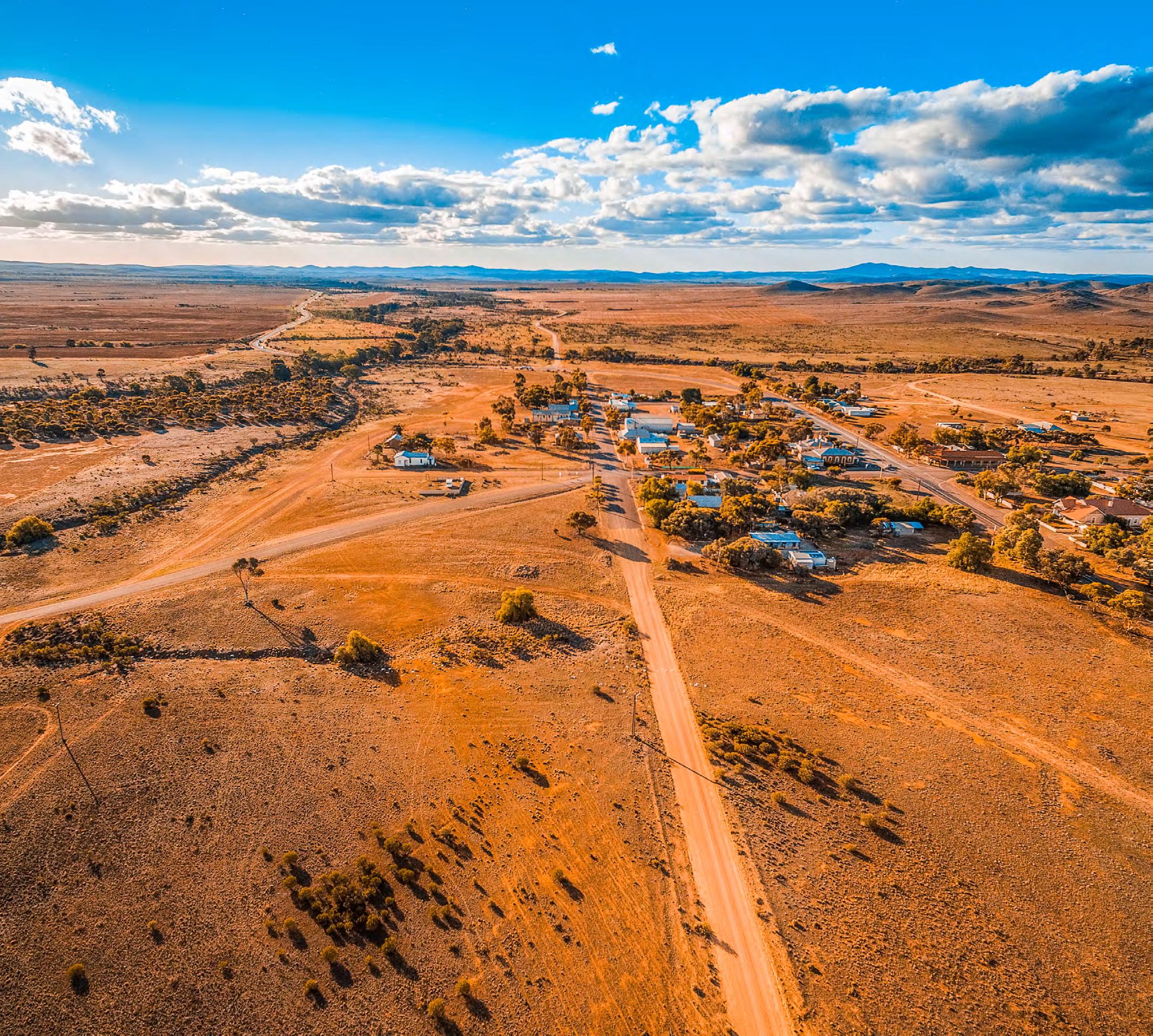
4 minute read
Trainees prioritise learning outcomes when choosing placements
Rural placements often lead to Trainees working in rural areas as Fellows
Rural Australians experience a mortality rate 1.1 to 1.4 times higher than those living in metropolitan areas. They have a potentially avoidable death rate of up to 2.4 times higher than their metropolitan neighbours. This is an unfair and inequitable situation, which the Royal Australasian College of Surgeons (RACS) wants to address as an urgent priority by increasing the number of surgeons who take up practice in rural areas. We decided to begin with the first step of a surgeon’s journey—the RACS Surgical Education and Training (SET) program. In a recent study (Volume 9, Issue 3) published in the ANZ Journal of Surgery RACS researchers reported their findings on Trainees’ preferences for placements during their surgical training. “We know that having a rural placement, particularly of a longer duration, during surgical training often leads to Trainees taking up roles in rural areas when they qualify as Fellows. “So, finding out the incentives and barriers they face in taking up rural placements is an essential component of the body of work required to increase the number of rural surgeons,” says Dr Dinah Hippolyte-Blake, Manager, Innovation & Research at RACS.
Advertisement
To understand the incentives and barriers that influence surgical Trainees’ decisions to undertake repeated placements in rural locations during their training, RACS researchers interviewed surgical Trainees and Fellows. We identified four incentives and six barriers to Trainees taking up rural placements and developed recommendations to strengthen incentives and counter the barriers. The findings were published in the ANZ Journal of Surgery in January 2022 (https://bit.ly/3DL0mTD) “What the research tells us is that Trainees are focused on learning outcomes, and that influences what these barriers and incentives look like over the lifecycle of their surgical training,” lead author Dr Hippolyte-Blake says. Surgical Trainees place utmost importance on meeting their learning outcomes throughout all stages of their training. This impacts how they identify and prioritise incentives and barriers when it comes to selecting rural placements. Three of the four incentives we identified were related to Trainees being able to achieve their learning outcomes and requirements. A conducive working environment that produces a culture of support provides the psychological safety and allows new learners to ask and respond to questions, make and learn from mistakes, and initiate additional learning opportunities. “However, we found that even if a placement offers a supportive and conducive learning environment, unless the placement also meets the learning needs of the Trainees, they will not choose that placement again. “This research is an important initial step in understanding Trainees’ needs, and their perception of rural placements and working in rural areas,” Dr HippolyteBlake says. Along the same vein, Trainees will forego any lifestyle incentives if they can choose a placement that will better service their training requirements. “When speaking to Trainees who had completed rural placements, we found that those from metropolitan areas of Australia felt they were at a greater disadvantage than Trainees who already lived rurally when it came to preparing for their placement. “This is a significant barrier because if Trainees feel they are not sufficiently supported in the early stages of a new learning environment, they may feel anxious. This may affect their training, and inevitably affect their perception of rural placements,” Dr Hippolyte-Blake says. One of our recommendations—to help Trainees choose rural placements with confidence—is to strengthen existing regional training hubs and develop new hubs to improve the coordination of surgical training. “This will provide Trainees with access to learning opportunities, which is high on their list of priorities. “They will receive an appropriate range of cases and structured and formal learning. They will also receive access to peer-assisted learning networks,
Interview participant
which we know, based on existing research, provides Trainees with a positive experience that helps close the gap between theory and practical experience,” Dr Hippolyte-Blake concluded.
Read our Rural Health Equity Strategic Action Plan to find out how we plan to increase the rural surgical workforce, reduce workforce maldistribution, and build sustainable surgical services in Aotearoa New Zealand and Australia. Read our article ‘A qualitative study of the incentives and barriers that influence preferences for rural placements during surgical training in Australia’: http://doi. org/10.1111/ans.17523
- a broad scope of learning opportunities - high-quality supervision - positive workplace environment - lifestyle.
Barriers to Trainees choosing rural placements:
- inadequate preparation for placement - limited case mix to support learning outcomes - workload and safe hour concern - lack of formal structured learning opportunities - lack of peer support - family unit considerations.










